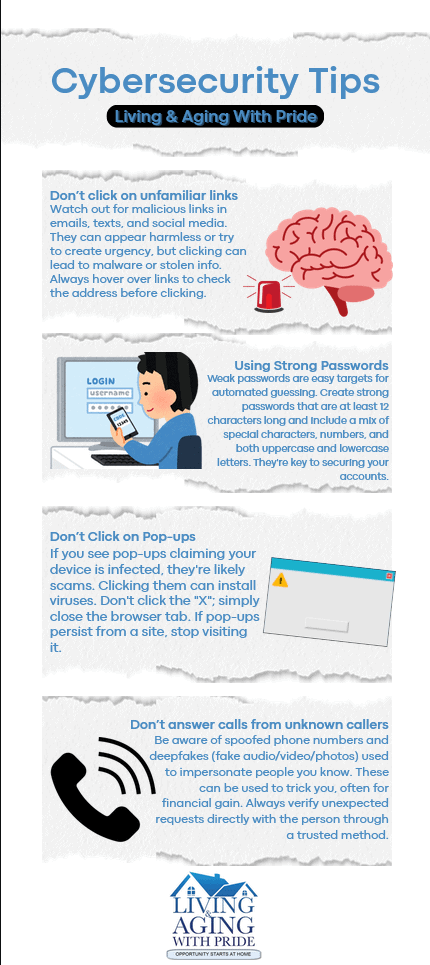KRISTY CHAMBERS
Kristy Chambers is the CEO of Columbus. Prior to joining Columbus, she served as CEO of Wasatch Homeless Health Care, Inc., better known as Fourth Street Clinic. A certified public accountant for over twenty years, Kristy’s professional background includes public accounting and top-level management positions in health care, real estate, retail, and hospitality. Kristy is a guest speaker and former instructor with the University of Utah Nonprofit Academy and serves on various local and national non-profit boards. She graduated Cum Laude from UCLA with a degree in Economics/Business and has a Master’s in Taxation with honors from the Washington School of Law.




